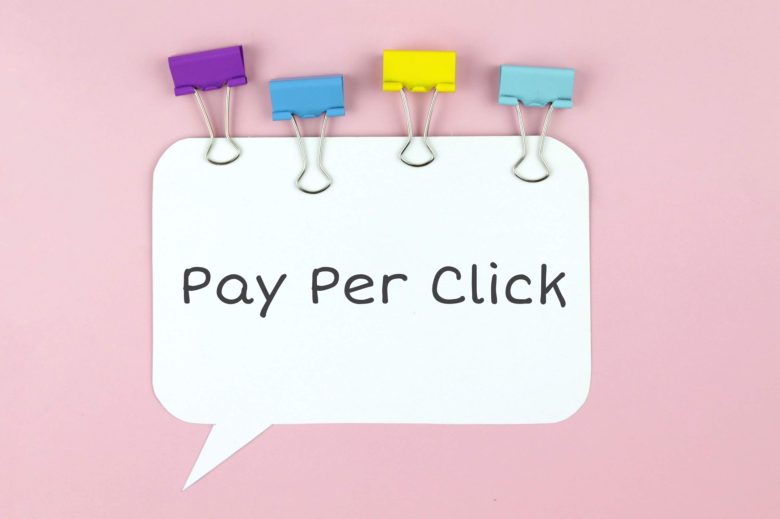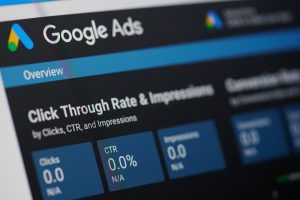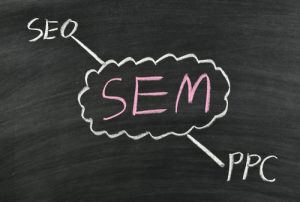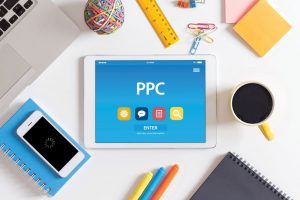Pay-per-click (PPC) advertising is an effective way for businesses to gain visibility online and drive sales. With the right PPC advertising platforms, you can reach the right audience, generate valuable leads, and turn clicks into conversions that align with your goals.
In industries like pharmacy, restaurants, or dentistry, a customised PPC strategy is essential to stand out in a competitive market. This blog will help you choose the best PPC platform for your business needs.
What Are PPC Advertising Platforms?
PPC advertising platforms are digital tools that allow businesses to place ads online and pay only when a user clicks on them. These platforms operate on a bidding system, where businesses compete for ad placement based on keywords, audience targeting, and budgets.
Popular examples include:
1. Google Ads: The most widely used platform, ideal for search-based campaigns.
2. Bing Ads: A cost-effective alternative to Google, catering to niche audiences.
3. Facebook and Instagram Ads: Excellent for visually engaging content and targeting specific demographics.
4. Amazon Ads: Perfect for eCommerce businesses focusing on product sales.
Factors to Consider When Selecting a PPC Platform
Here are the key factors to help make your PPC strategy more effective and impactful:
Target Audience
Understanding your audience is of utmost importance. Different PPC platforms cater to varying demographics. For instance:
1. Google Ads: Effective for reaching users actively searching for specific services or products.
2. Facebook and Instagram Ads: Better suited for visually-driven campaigns aimed at younger audiences.
Industry-Specific Needs
Each industry has unique requirements. For example:
1. A PPC agency for dentists in London may prioritise Google Ads for local search optimisation.
2. A PPC agency for restaurants in Wimbledon might focus on Instagram Ads to showcase visually appealing dishes and offers.
Budget
Cost-per-click (CPC) varies across platforms. Businesses must evaluate their budgets and align them with professional PPC advertising services to optimise spending.
Advertising Goals
Determine whether your primary objective is lead generation, website traffic, or direct sales. For instance:
1. Google Ads is ideal for generating local leads.
2. Facebook Ads are excellent for driving website traffic and brand engagement.
3. Amazon Ads work best for boosting eCommerce sales.
Comparison of Popular PPC Advertising Platforms
Here are the key features and benefits of each platform, helping you find the one that best matches your business goals:
Google Ads
Highly versatile, Google Ads is perfect for businesses like pharmacies looking to target local audiences.
Facebook and Instagram Ads
These platforms are highly effective for industries that rely on visual appeal, such as restaurants or eCommerce brands.
Amazon Ads
Focused on product listings, Amazon Ads caters specifically to businesses offering eCommerce PPC services, driving direct sales.
Bing Ads
A cost-efficient alternative to Google, Bing Ads is suitable for targeting niche markets at a lower CPC.
Essential Metrics to Monitor Across PPC Platforms
Tracking the right metrics is essential for measuring success. These include:
1. Click-Through Rate (CTR): Indicates ad relevance.
2. Conversion Rate: Measures the effectiveness of turning clicks into actions.
3. Return on Investment (ROI): Assesses the profitability of campaigns.
Get Expert PPC Ads Services at Haarty Hanks
Selecting one of the most effective PPC advertising platforms requires a clear understanding of your business goals, target audience, and budget.
Partnering with a professional PPC agency in London can simplify the process, delivering campaigns designed to achieve maximum results.
At Haarty Hanks, we specialise in creating customised PPC campaigns for businesses across industries. Contact us today to discover how we can help your business thrive in the digital landscape.
